As of recently, the answer to the question “Can doctors have tattoos?” has become slightly complicated, with medical workers now having more freedom when it comes to expressing themselves through body art. There was a time not so long ago where physicians were expected to conform and refrain from displays of individuality — even something as simple as a tattoo. However, in this era of self-expression and acceptance of diversity that is becoming increasingly evident throughout society, more doctors are choosing to get inked and letting their unique personalities shine through. At the same time issues like professionalism and patient/practitioner relations still need to be addressed within this new landscape. Exploring the topic further will help shed some light on whether or not there are any concerns regarding canning physicians who sport tattoos in their line of work.
Historical Precedent of Tattoos in Medicine
Tattoos have been used in medicine for centuries, including among doctors. In Ancient Greece and Rome, tattoos were used as a form of medical treatment for the sick and elderly. Specifically, tattoos were thought to ward off evil spirits and bring about good luck. In later periods, other cultures also used tattoos to mark those who had suffered from certain diseases or illnesses. As such, it is not uncommon for doctors of earlier times to have had tattoos as part of their practice as healers.
However, attitudes toward body modifications changed drastically during the Enlightenment period and well into the 20th century. Tattoos became associated with sailors and criminals rather than physicians or scholars, leading many people to view them negatively. This stigma surrounding tattoos continued until the late 20th century, when they began to be seen as an accepted form of body art and self-expression. [1]
In recent years, tattoos have become increasingly popular among medical professionals. Many doctors are now proud to show off their tattoos in a professional setting. While attitudes towards visible tattoos may still vary from one hospital or practice to the next, more and more healthcare organizations are becoming accepting of body modifications. As such, questions about whether doctors can have tattoos have largely been resolved with a resounding “yes”.
Nevertheless, it is important for medical professionals who choose to sport visibly noticeable tattoos to do so respectfully and tastefully. Tattoos should not contain inappropriate language or images that could be offensive or unprofessional in the workplace. Additionally, those who choose to get tattoos should be aware that they may still face discrimination from some healthcare organizations or hospitals that have strict policies regarding body modifications.
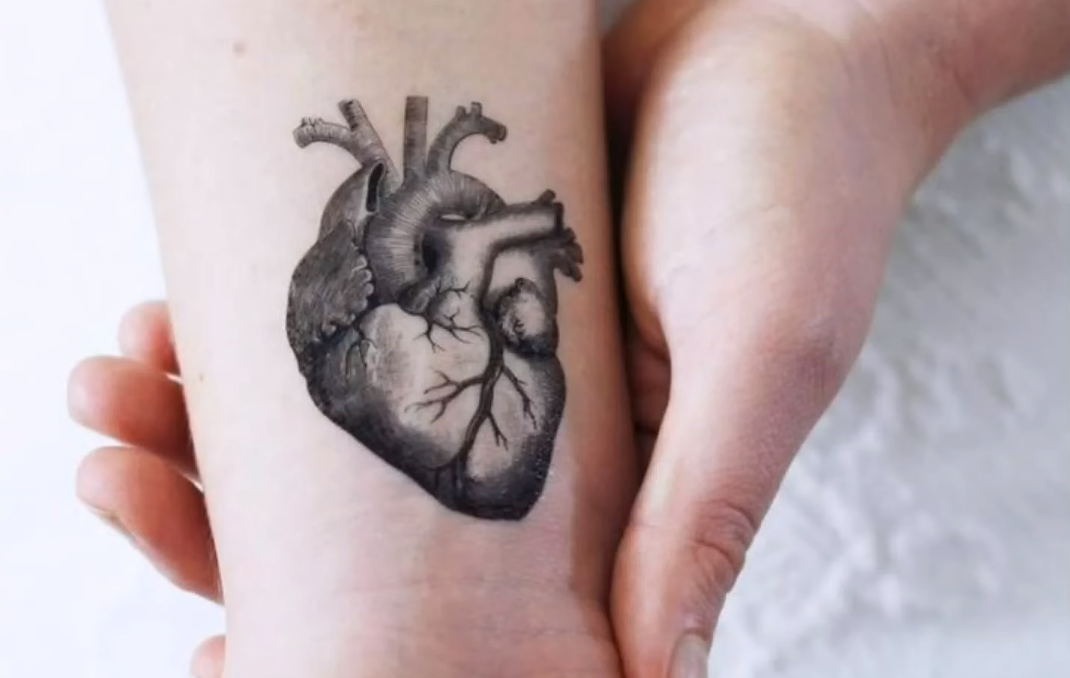
The Debate on Professionalism and Patient Perception
The discussion about whether doctors can have tattoos has become more prominent in recent years as body art becomes increasingly common. While some people believe that tattoos should be allowed, others feel that they are not professional and can impact the way patients perceive their doctor.
Those who support allowing doctors to have visible tattoos usually argue that it is an individual’s right and a form of personal expression. They also contend that a doctor’s qualifications should be based on education, experience, skill level and professionalism–not on appearance or personal preferences.
On the other hand, opponents believe that tattoos are unprofessional and detract from a doctor’s credibility. They argue that it is important for medical professionals to maintain an image of trustworthiness and respectability with patients, and that visible tattoos could damage this perception. Additionally, the debate has been further complicated by questions about whether certain types of tattoos are more or less acceptable than others.
Ultimately, it is up to each medical organization or individual practice to decide if they will allow doctors to display visible tattoos while on duty. As the practice becomes increasingly commonplace in our society, healthcare organizations may need to start considering changing their policies in order to keep up with evolving standards and public opinion. [2]
Changes in Attitudes Towards Doctors’ Appearance
In recent years, there has been a shift in attitudes towards what is acceptable for doctors to wear and how they should look. Most medical establishments now accept that having tattoos can be appropriate for physicians so long as they are not visible while on duty or performing clinical tasks. In fact, some surgeons have even chosen to get tattoos of medical symbols such as the caduceus or an anatomical heart as a representation of their profession.
Therefore, it is important to consider the context when looking at whether having a tattoo is appropriate for a doctor. While it may not be considered professional in all contexts, there are certainly circumstances where tattoos would be accepted by peers and patients alike.
Furthermore, research has found that most people actually view doctors with tattoos more positively than those without. A survey conducted by the American Medical Association found that 76% of Americans thought that tattoos were acceptable for physicians so long as they were not visible during their duties. This suggests that doctors with tattoos can be seen as more progressive and in touch with current trends and attitudes towards body art.
In conclusion, whether or not it is appropriate for a doctor to have a tattoo depends on context and the personal opinions of peers and patients. However, research indicates that most people now accept tattoos on doctors, suggesting that this kind of body modification can be an expression of professionalism rather than rebellion.
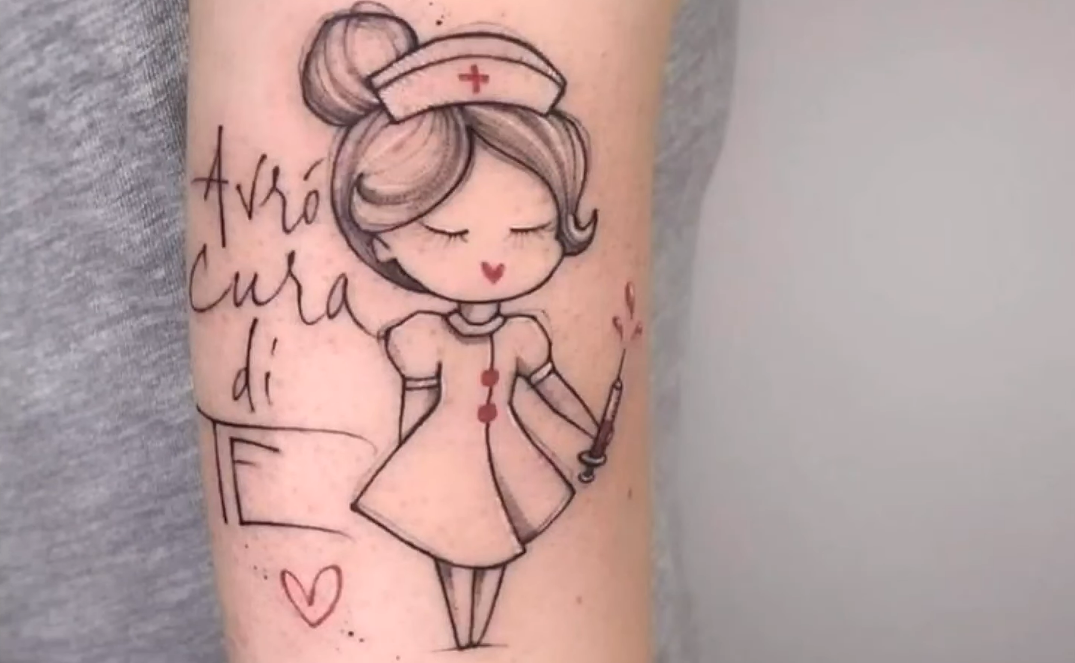
What Do the Rules Say?
The rules on doctors having tattoos vary depending on the individual medical board and hospital. In general, however, most healthcare organizations do not have explicit tattoo policies in place. This means there is no one-size-fits-all answer to this question – the decision is ultimately up to the institution’s discretion.
Some hospitals may require physicians to cover any visible tattoos with clothing or makeup while working, particularly if the tattoo contains content that could be viewed as inappropriate for a medical setting. Other facilities may prohibit any body art completely, regardless of visibility or content. When it comes to practicing medicine, it’s important for a doctor’s appearance to reflect their professionalism, so many employers will be cautious when considering tattoos on employees.
Ultimately, doctors should follow the guidelines of their specific medical board and employer when deciding whether or not to get a tattoo. It’s important to keep in mind that policies may change over time, so it’s always best to stay up-to-date with any changes in regulations before getting inked. Additionally, if you are considering a new tattoo while already employed as a doctor, it’s recommended that you check with your hospital’s policy first. By doing this ahead of time, you can ensure that your body art won’t interfere with your professional career. [3]
Legislation & Regulations Governing Physicians with Tattoos
As with any profession, there are laws and regulations that govern the practice of medicine. These laws and regulations vary from state to state, but most states do not explicitly ban doctors from having visible tattoos. In fact, many healthcare institutions have adopted policies that specifically allow physicians to display tattoos in the workplace.
However, some states may impose certain restrictions on medical professionals who choose to display their tattoos while at work. For instance, one hospital system might prohibit any vulgar or offensive imagery from being shown by a physician while another may require all medical personnel to keep their tattoos covered at all times. The specific laws and regulations surrounding physician tattoo visibility will depend on the individual state’s Board of Medicine guidelines.
Ultimately, it’s important for medical professionals to become familiar with their state’s regulations and laws regarding tattoos in order to ensure they remain compliant in the workplace. Doing so can help protect a doctor’s professional standing, as well as create a safe, comfortable environment for patients and staff alike. [4]
Can You Have Tattoos If You Work For The NHS?
Yes, you can have tattoos if you work for the NHS. The NHS does not formally prohibit employees from having tattoos as long as they are appropriate and discreet. However, there may be instances where visible tattoos could lead to a formal disciplinary process depending on the circumstances or environment in which someone works.
For those working in patient-facing roles, such as doctors and nurses, the attitude towards visible tattoos is slightly different. The Department of Health issued guidance back in 2004 which stated that doctors should be aware of ‘the need to maintain high professional standards’ when it comes to their appearance. This includes avoiding “obscene or offensive” tattoos while advising that facial piercings on women should either be avoided or confined to the earlobes only.
More recently, an NHS Trust in Scotland set out a ban on staff having visible tattoos when treating patients – especially those working in operating theaters or with children. However, this was not an official policy and has since been dropped after health workers protested against it.
In summary, whether you can have a tattoo if you work for the NHS depends on your personal circumstances and role within the organization. It is advisable to consider any guidance issued by your employer or department before making any decisions about getting a tattoo that could be deemed inappropriate or offensive in a professional context. If in doubt, it’s best to speak to your line manager first so they can advise accordingly. [5]
Can You Have Tattoos in Medical School?
Medical schools have their own policies concerning tattoos. Some may not allow any medical student to display visible tattoos, while others may be more lenient and allow students to keep small, discreet tattoos hidden away. There is no universal rule governing the acceptance of tattoos in medical schools, so it’s important that you check with your chosen school before applying if you have a tattoo or plan on getting one.
Some medical schools will consider factors such as where the tattoo is located and whether it contains offensive language or images when deciding whether to accept someone with a tattoo or not. Additionally, many medical schools require applicants to wear professional attire for interviews and other events – this may include covering up any visible tattoos while on campus.
Is It Harder To Get A Job As A Doctor If You Have Tattoos?
The short answer is yes, having tattoos can make it more difficult to get a job as a doctor. Many hospitals and clinics have strict policies regarding visible tattoos, or not allowing any visible body art in the workplace at all. This means that if you have tattoos that are visible when wearing normal work attire, it could be harder to find employment as a doctor or medical professional.
That said, there is no universal policy on tattoos for doctors or medical professionals across all hospitals and clinics—each organization has its own policy on body art in the workplace. Some may be more forgiving than others in terms of allowing visible body art while on the job and many employers may be willing to consider an applicant who has small or tasteful tattoos.
Ultimately, if you are considering a job as a doctor and have visible tattoos, it is best to research the policies of specific organizations before applying. This way, you can make an informed decision about whether or not pursuing that job opportunity is worth the risk. It is also worth noting that even if an employer has a strict policy on visible body art, they may be willing to work with you in terms of concealment. For example, wearing long sleeves or other clothing designed to cover up tattoos while at work could be an option. [6]
Prohibited Tattoo Locations for Medical Professionals
While tattoos may be acceptable for medical professionals, there are certain areas of the body where having a tattoo is not appropriate. The American Medical Association (AMA) has issued guidelines regarding tattoos in the healthcare profession. According to these regulations, it is advised that medical professionals should never have visible tattoos on their faces or any other area which may come into contact with a patient during an examination.
Similarly, any visible ink near the hands or wrists should also be avoided as this could pose a risk of infection control and can potentially interfere with proper sterilization techniques. In essence, it is important that all tattoos remain covered while at work so as to promote professionalism and maintain patient safety.
In addition to the AMA’s guidelines, individual states may have additional regulations or restrictions on tattoo placement for medical personnel. It is best to check with your state licensing board before getting a tattoo if you are a healthcare professional.
Risks Associated with Self-Expression Through Body Art for Medical Workers
While the debate over whether medical workers can have tattoos is still ongoing, it’s important to note that there are some potential risks associated with having a tattoo as a healthcare professional. For example, employees may be subject to discrimination from patients or colleagues due to their body art. Additionally, health care professionals need to ensure that any tattoos they have are professionally done and meet certain safety standards in order for them to be covered up if necessary.
Furthermore, medical personnel should take extra precautions when getting a tattoo in regards to hygiene; this includes avoiding unsterile needles and making sure the area of skin being worked on is thoroughly cleaned beforehand.
Lastly, since many hospitals do not allow visible tattoos while working, employees must be prepared for any potential repercussions that come with not complying. This may include being asked to cover up tattoos or even dismissal from the job. Ultimately, these risks should be taken seriously when considering whether to get a tattoo as a medical worker.
How to Dress Professionally While Showcasing Your Personality
It is important to remember that regardless of whether doctors can have tattoos or not, all medical professionals should dress professionally. Medical environments require a certain level of professionalism and respect that comes from the way you present yourself. This involves more than just covering any tattoos on your body; it often means wearing clothes that are comfortable yet polished, tasteful accessories, and groomed hair and nails.
In order to showcase your personal style while maintaining a professional look in the medical setting, here are some tips:
- Choose fabrics such as cotton blends or wrinkle-resistant materials for clothing that will last through long shifts without looking unkempt.
- Opt for muted colors such as beige or gray that will not draw too much attention.
- Incorporate subtle patterns such as pinstripes or small checked designs to add some visual interest without being distracting.
- Wear minimal jewelry such as a single necklace or bracelet instead of multiple pieces. Avoid anything with bright colors or clunky shapes that could be disruptive in the medical setting.
- Invest in comfortable, quality shoes with low heels for comfort during long shifts on your feet. Shoes should be clean and free from scuffs and scratches for a polished look overall.
By following these tips, you can maintain a professional appearance while still showing off your personality! Ultimately, following the dress code of your workplace is key to looking professional and being taken seriously in any medical setting.
Tattoos can be a great way to express yourself and add flair to your look, but they should always be covered in the workplace in order to maintain professionalism. Ultimately, it is important to remember that looking professional and following dress codes will always take precedence over personal style when working in the medical field.
Tips for Choosing Tattoos that Won’t Jeopardize Your Career as a Doctor
If you’re considering getting tattoos, but worried that they may affect your career as a doctor, there are several measures you can take to ensure your tattoos don’t interfere with your professional image. Here are some tips for choosing tattoos that won’t jeopardize your job:
- Choose Subtle Designs – Choosing smaller, subtle designs helps to minimize any potential distractions or controversy that could be caused by having more visible and/or colorful tattoos. Simple designs such as a small symbol or word on the ankle or wrist are less likely to draw negative attention than bigger and bolder pieces.
- Get Placement Right – Consider the placement of the tattoo carefully, so it doesn’t show when you are in professional settings. Arms, legs, and shoulders can all be good options –just make sure to choose a spot that won’t be visible when you wear scrubs and/or professional attire.
- Consider Covering Them Up – Depending on the situation or role, it may be possible to cover up the tattoos with Band-Aids or medical tape during professional interactions. This is an easy way to ensure your tattoos remain hidden without having to commit to a long-term solution like getting them removed or laser tattoo removal.
By following these tips for choosing discreetly placed and subtle designs, you can take measures to minimize any potential negative attention that might arise from having visible tattoos. Don’t let fear of judgment keep you from expressing yourself – just be smart about it to make sure your career isn’t affected.
Ultimately, as long as the tattoos are not offensive in any way, you should feel comfortable with having them and be confident that they won’t interfere with your job as a doctor. Tattoos can be a great form of self-expression and creativity – something that all doctors should feel free to do! [7]
FAQ
Is it okay if a doctor has a tattoo?
The answer to this question depends on the policies of the particular hospital or clinic where the doctor works. Some hospitals and clinics have strict policies regarding tattoos for their staff, while others may not. In general, having visible tattoos may be considered unprofessional and could affect a doctor’s ability to practice medicine in certain settings. It is important for doctors to check with their employer’s policies before getting a tattoo.
Do patients have an issue with doctors having tattoos?
Patients may react differently depending on their own opinions about tattoos, but as long as a doctor’s appearance is professional and respectful, it should not be an issue for most patients. Doctors should also keep in mind that they are required to maintain appropriate professional boundaries with their patients, and having a visible tattoo may make this more difficult to do.
Does the medical board have any restrictions regarding tattoos?
The medical board does not generally have regulations regarding tattoos for doctors, but it is important that physicians adhere to their hospital or clinic’s policies when it comes to tattoos. Additionally, physicians should always be aware of how their appearance might affect patient care.
Is there anything else I need to know about doctors with tattoos?
Doctors should take into account the potential professional consequences of getting a tattoo before making a decision. It is also important for them to consider how they will present themselves in terms of their clothing and overall appearance if they decide to get a tattoo. Finally, doctors must always maintain patient privacy and appropriate professional boundaries, regardless of whether they have a visible tattoo or not.
Which profession is not allowed to tattoo?
Doctors are one profession where tattoos can be a gray area. Although it is not explicitly prohibited in most countries, doctors should be aware of the potential implications that having a tattoo can have for patient relationships and trust. In some medical circles, there is an unspoken rule that doctors should avoid having visible tattoos as they may be seen as unprofessional or distracting to patients. The decision on whether a doctor should get a tattoo or not ultimately falls to their own discretion. It is important for physicians to carefully consider their own comfort level with how visible their ink could become in professional settings. If they do decide to get a tattoo, it is recommended that the design chosen does not detract from the overall professionalism of the doctor’s image.
Are NHS doctors allowed tattoos?
Yes, NHS doctors are allowed to have tattoos. There is no policy which bans them from having visible body art while on duty at the hospital. However, some hospitals may have their own rules about what is acceptable and what isn’t. The medical profession generally has a professional dress code and it is up to each individual doctor to decide whether their tattoos reflect this or not. It’s important for NHS doctors to keep in mind that they must remain professional when interacting with patients, so there may be certain types of tattoos which could be seen as unprofessional or inappropriate when working in a health environment. In addition, certain types of facial or neck tattoos may need to be covered while on duty in order to meet the expectations of the employer.
Can surgeons cut through tattoos?
Yes, surgeons can cut through tattoos. Tattoos are made up of small particles which have been injected into the skin, so it’s possible for a surgeon to make an incision directly through the tattoo without damaging it. However, this is not recommended as it could cause infection and other complications that may put the patient at risk. In general, whenever possible, tattoos should be avoided in surgical sites or covered with dressings in order to minimize any potential risks.
Useful Video: Should Doctors Have Tattoos? | Responding to Your Comments #9 | Doctor Mike
Conclusion
In conclusion, the answer to the question of whether or not doctors can have tattoos is a personal one. Ultimately, it is up to each individual doctor to decide if having visible tattoos will affect their professional reputation and care for patients. While some medical facilities may have strict policies against having visible tattoos, others are more lenient and permit such body art as long as they do not violate any ethics codes. Those who choose to get a tattoo should be aware that there is always the potential for stigma associated with them in certain contexts and keep this in mind when making their decision. Doctors should also consider how their appearance affects their ability to connect with patients and how their tattoos might impact that connection. By taking into account all factors involved, doctors can make an educated decision about whether or not having a tattoo is appropriate for their particular career.
References:
- https://medicalschoolexpert.co.uk/can-doctors-have-tattoos/
- https://authoritytattoo.com/can-doctors-have-tattoos/
- https://universityever.com/can-doctors-have-tattoos-on-their-wrists/
- https://academicful.com/doctors-tattoos/
- https://www.cbsnews.com/colorado/news/would-you-trust-doctor-tattoos/
- https://medarchivemagazine.com/can-doctors-have-tattoos/
- https://www.ncbi.nlm.nih.gov/pmc/articles/PMC6110655/





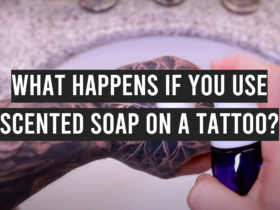
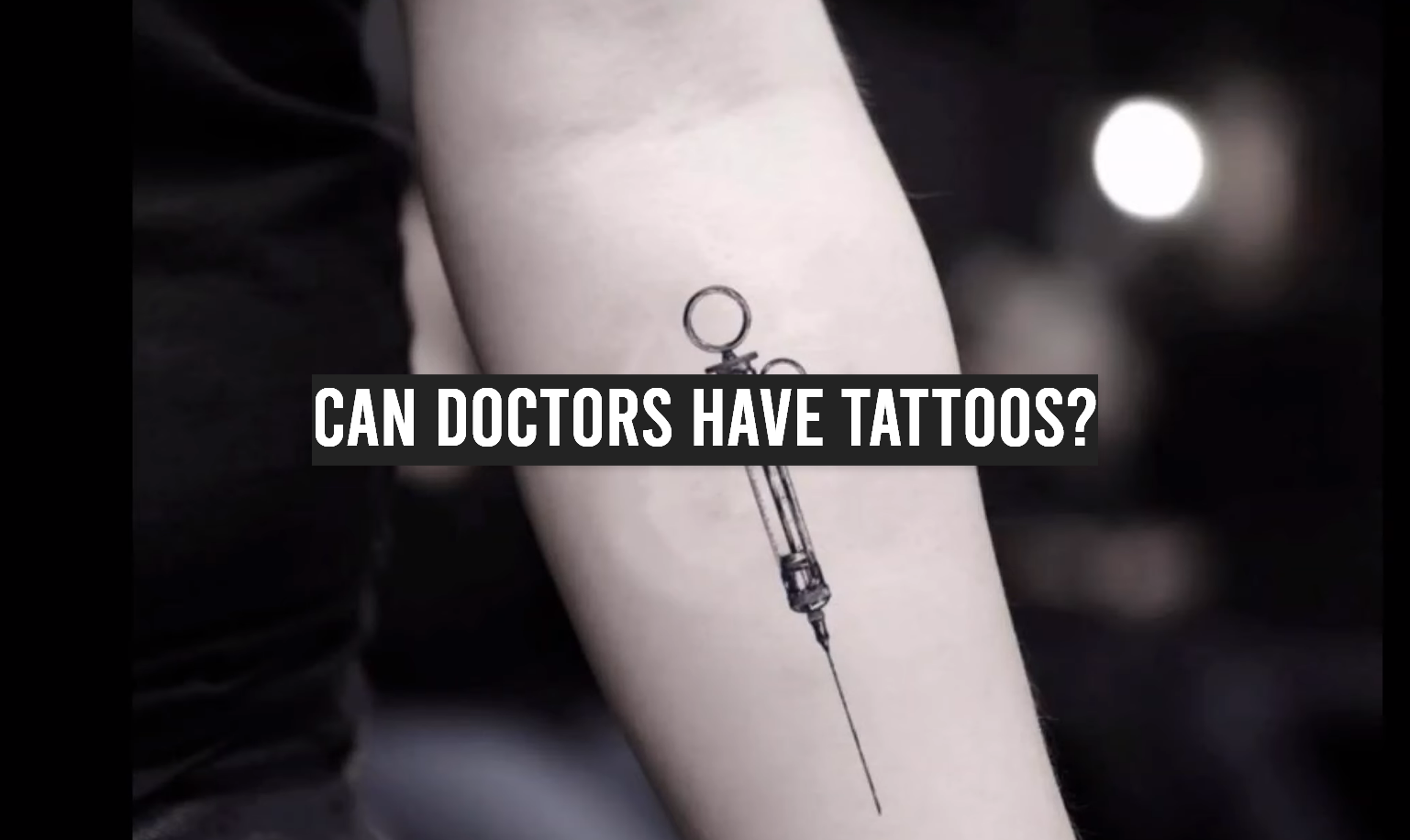
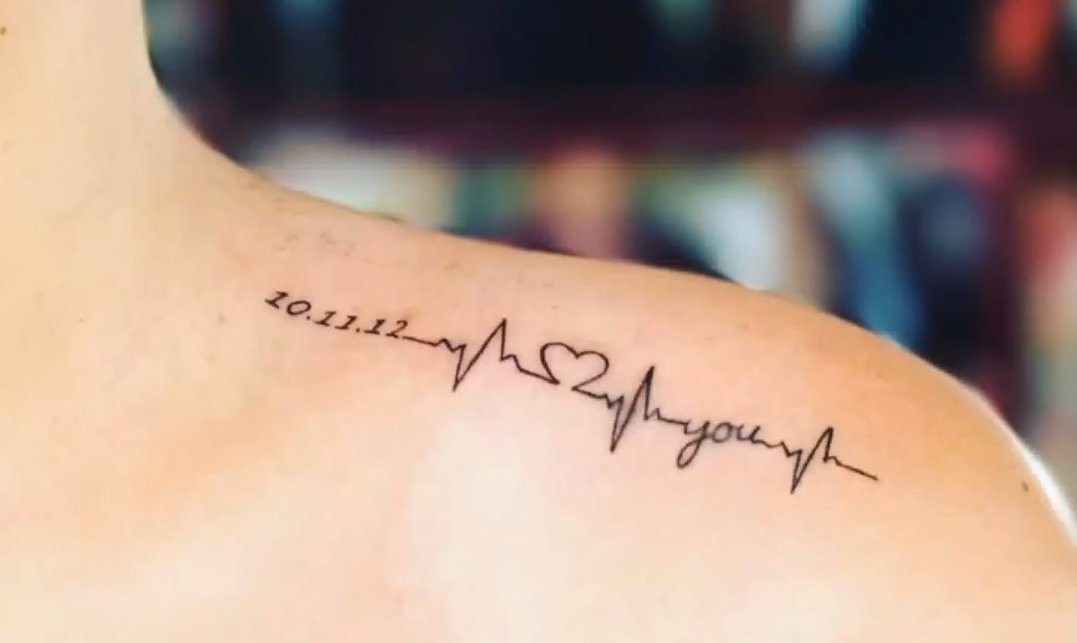
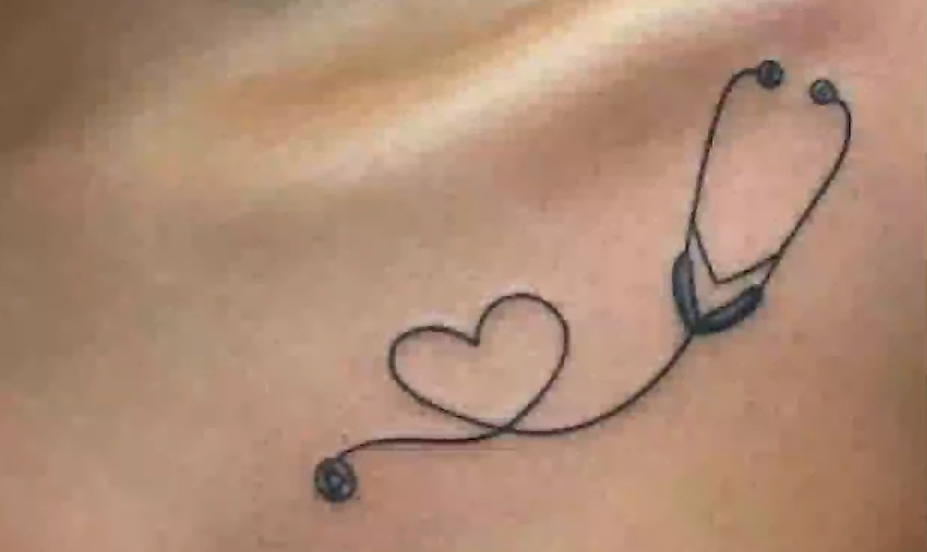
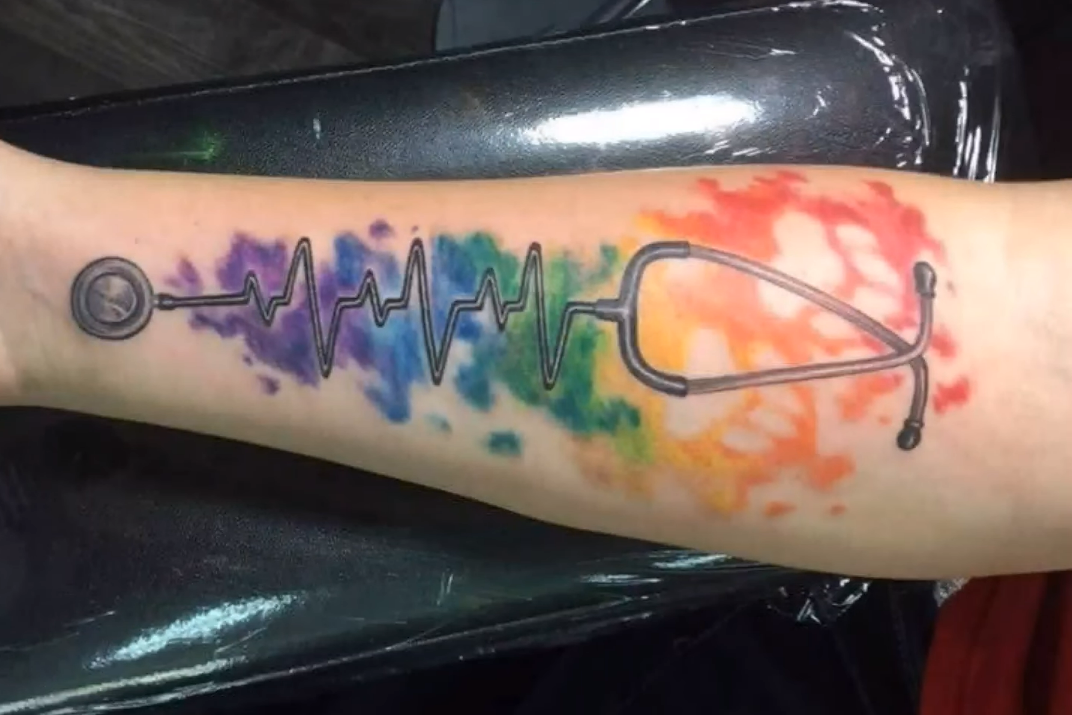
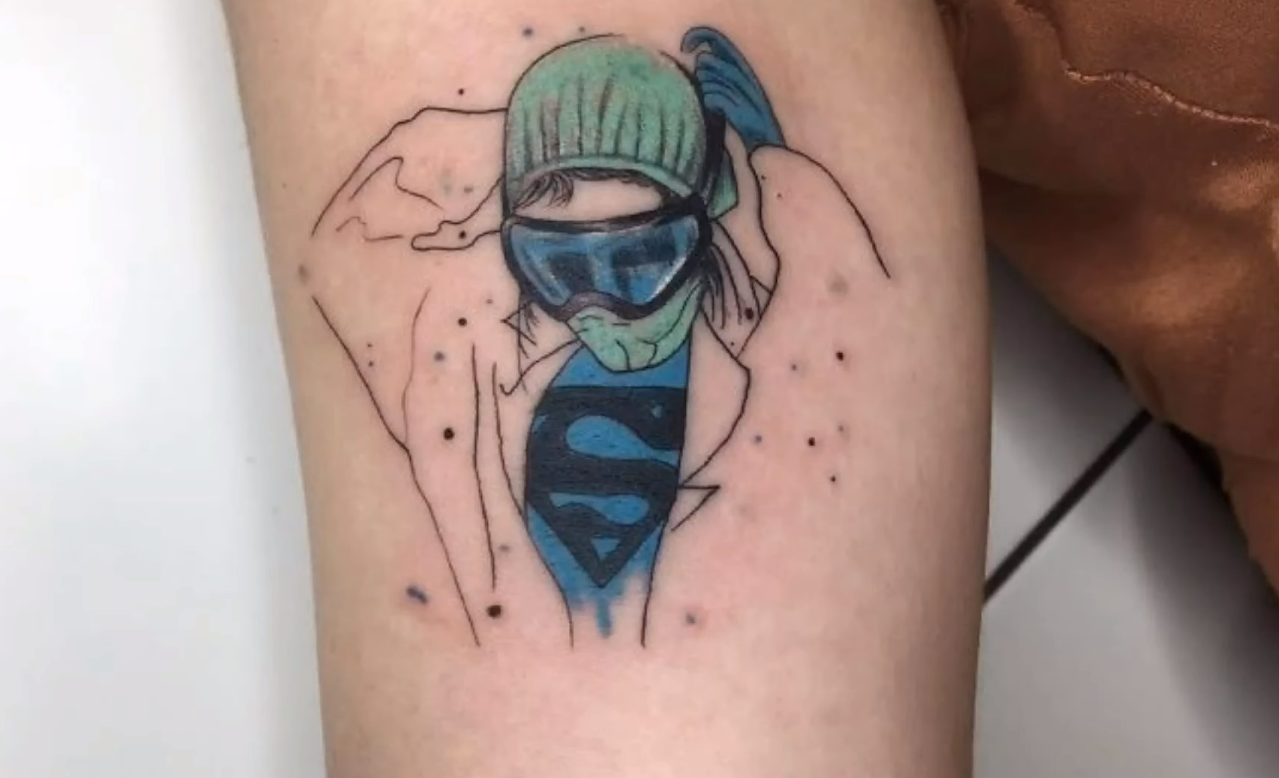
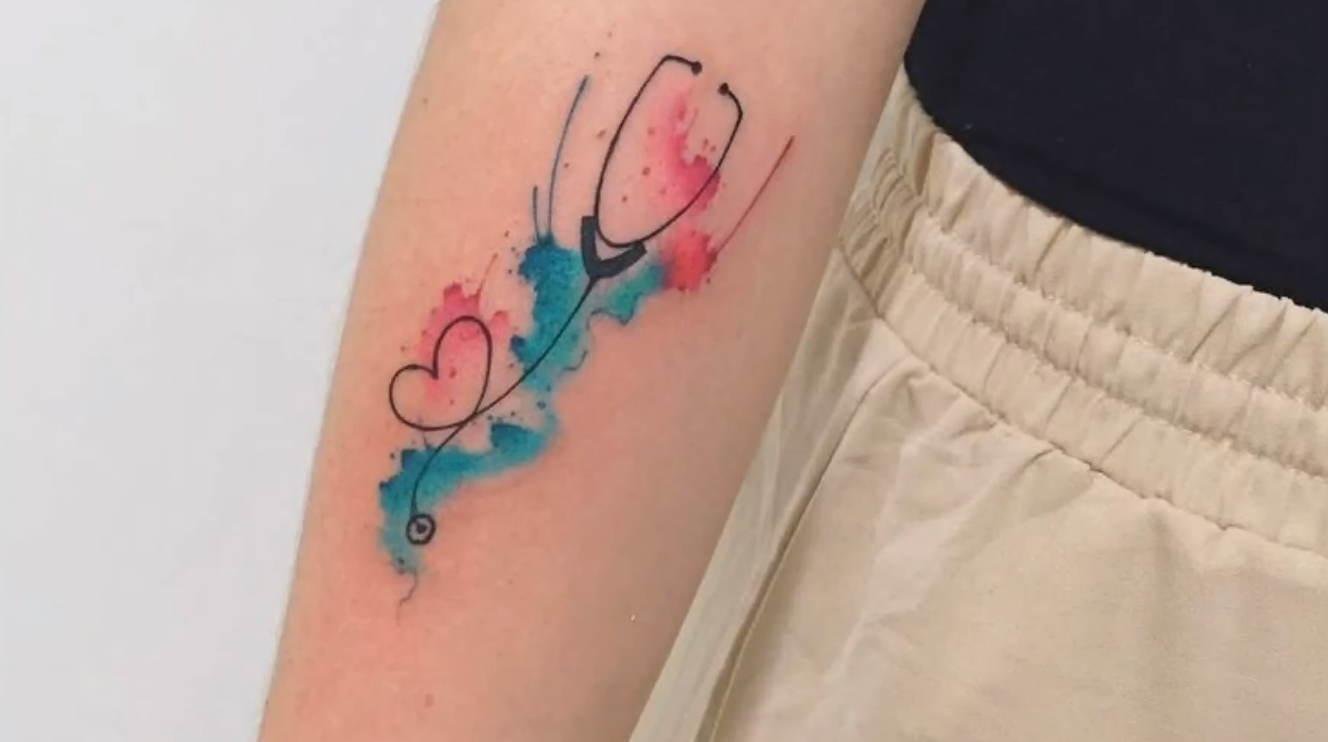

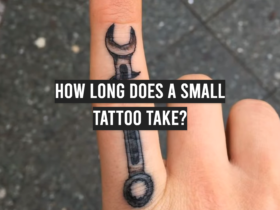


Leave a Review